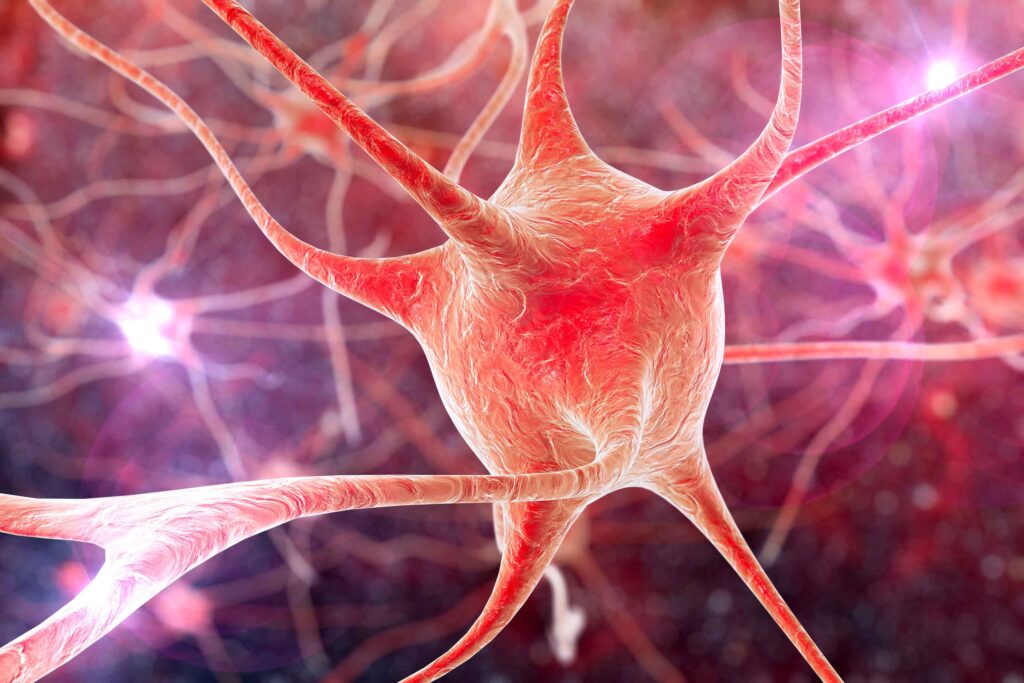The QPS Preclinical Pharmacology
While many of our models are solely available at QPS, all of them are well-characterized in house and published in peer reviewed high impact journals. Besides in vivo research we also offer biochemical and histological analyses. To support our clients in the best possible way, we use or adapt existing models, or establish new models specific to your research focus.
The animal facility of QPS is AAALAC accredited. This quality seal combined with over 20 years of experience and a vast amount of historic data are a clear asset for our clients, who range from international biotech and pharma companies to academia and other non- profit organizations. We assist with designing a developmental plan for your small molecules or biologics and together with our DMPK and Toxicology colleagues we help you develop custom-built research solutions.

Preclinical pharmacology studies are a crucial component of drug development that occurs before a potential drug candidate is tested in humans (clinical trials). These studies aim to assess the efficacy, safety, and pharmacological properties of a drug in non-human subjects, typically in laboratory animals.
Key Aspects of Preclinical Studies
Efficacy Evaluation
- In vitro efficacy tests: to study the mechanism of action of active ingredients on biological systems and their release, which are essential for demonstrating the efficacy of active ingredients for medicines.
- In vivo efficacy tests: Utilize relevant animal models to simulate the disease or condition the drug is intended to treat. Assess the drug's efficacy in terms of its ability to produce the desired therapeutic effects.
Safety Assessment
- Toxicology Studies: Evaluate the potential toxicity of the drug by administering varying doses to animals over a specified period. This helps identify any possible adverse effects and establishes a safe starting dose for clinical trials.
- Dose-Response Relationships: Determine the relationship between the dose of the drug and its effects. This is crucial for establishing appropriate dosing regimens.
Pharmacokinetics (PK) and Pharmacodynamics (PD)
- PK Studies: Investigate how the drug is absorbed, distributed, metabolized, and eliminated by the body. This helps in understanding how the treatment processed by the body.
- PD Studies: Explore the drug's effects on the body and its mechanism of action. This includes assessing the drug's interaction with its target receptors or enzymes.
- Cutting edge evaluation equipment
Formulation Studies
- Dosage Forms: Evaluate different formulations of the drug, such as tablets, capsules, or injections, to identify the most effective and well-tolerated form.
Reproductive and Developmental Studies
- DART studies are designed to reveal any effect of the pharmaceuticals on mammalian reproduction relevant for human risk assessment. Set of studies to cover the stages of reproduction including fertility test to access effects on male and female fertility (FEED), embryonic and fetal development (EFD), and pre- and post-natal development (PPND).
Special Population Studies
- Geriatric and Pediatric Studies: Evaluate the safety and efficacy of the drug in specific populations, such as the elderly or children.
ADME Studies
- Absorption, Distribution, Metabolism, and Excretion: Examine how the drug is processed within the body and whether it accumulates in specific organs or tissues.
Considerations for Pharmacology Studies
Ethical Considerations
- Ethical Use of Human Subjects: Preclinical studies help to ensure that only the most promising and safe drug candidates progress to human clinical trials, minimizing potential harm to human participants.
Good Laboratory Practice (GLP)
- Follow GLP regulations to ensure the quality, integrity, and reliability of preclinical safety data. This is essential for regulatory submissions.
Regulatory Submissions
- Preclinical data is a crucial component of regulatory submissions (e.g., IND applications, NDA submissions), providing evidence of safety, efficacy, and pharmacological properties for regulatory review and approval.
Preclinical pharmacology studies provide critical data to support the decision-making process for advancing a drug candidate to human clinical trials. They help to identify potential risks, optimize dosage regimens, and establish the foundation for drug development pathway.
The QPS Pharmacology Units Consists of the Following Research Facilities
Animal Facility
- Housing a wide range of animals to meet your study needs
- Biosafety level 1 and 2 housing (BSL1 and 2)
In vivo Research Laboratory
- Animal treatment and surgery (BSL1 and 2)
- Tissue sampling
Cell Culture Laboratory
- BSF1 and 2 laboratories
- Automated cell and tissue culture image processing hard- and software
- Cutting edge evaluation equipment
Biochemistry Laboratory
- Protein biochemistry laboratory outfitted for cutting edge techniques including aggregation studies
- State-of-the-art equipment for biochemical determinations (fluorometry, densitometry) including biomarker evaluations (MSD imager and others)
Histology Laboratory
- Fully equipped histology laboratory for all fixation, tissue processing, sectioning, and staining
- Modern image capture equipment
- State-of-the-art image processing hard- and software







